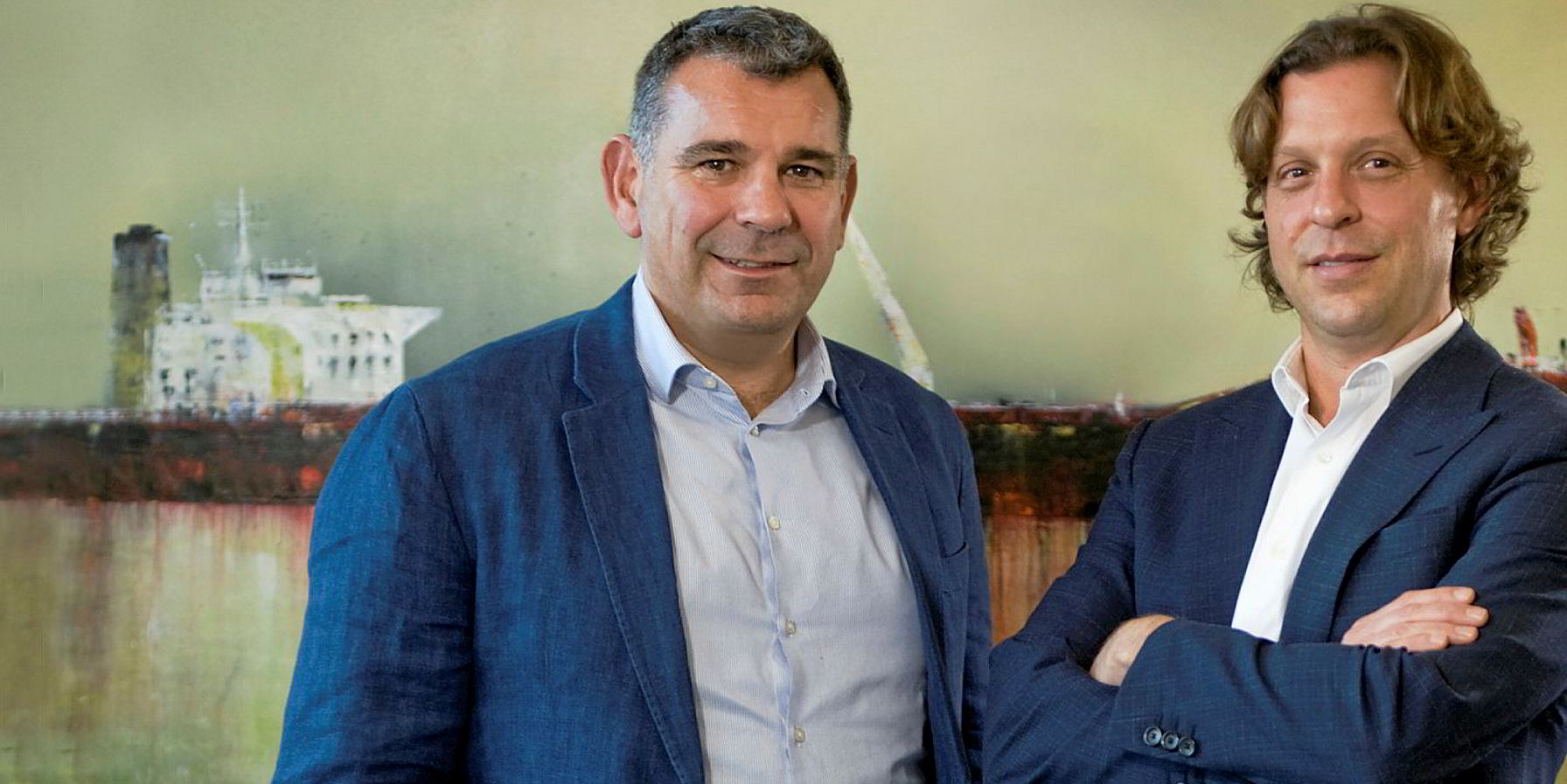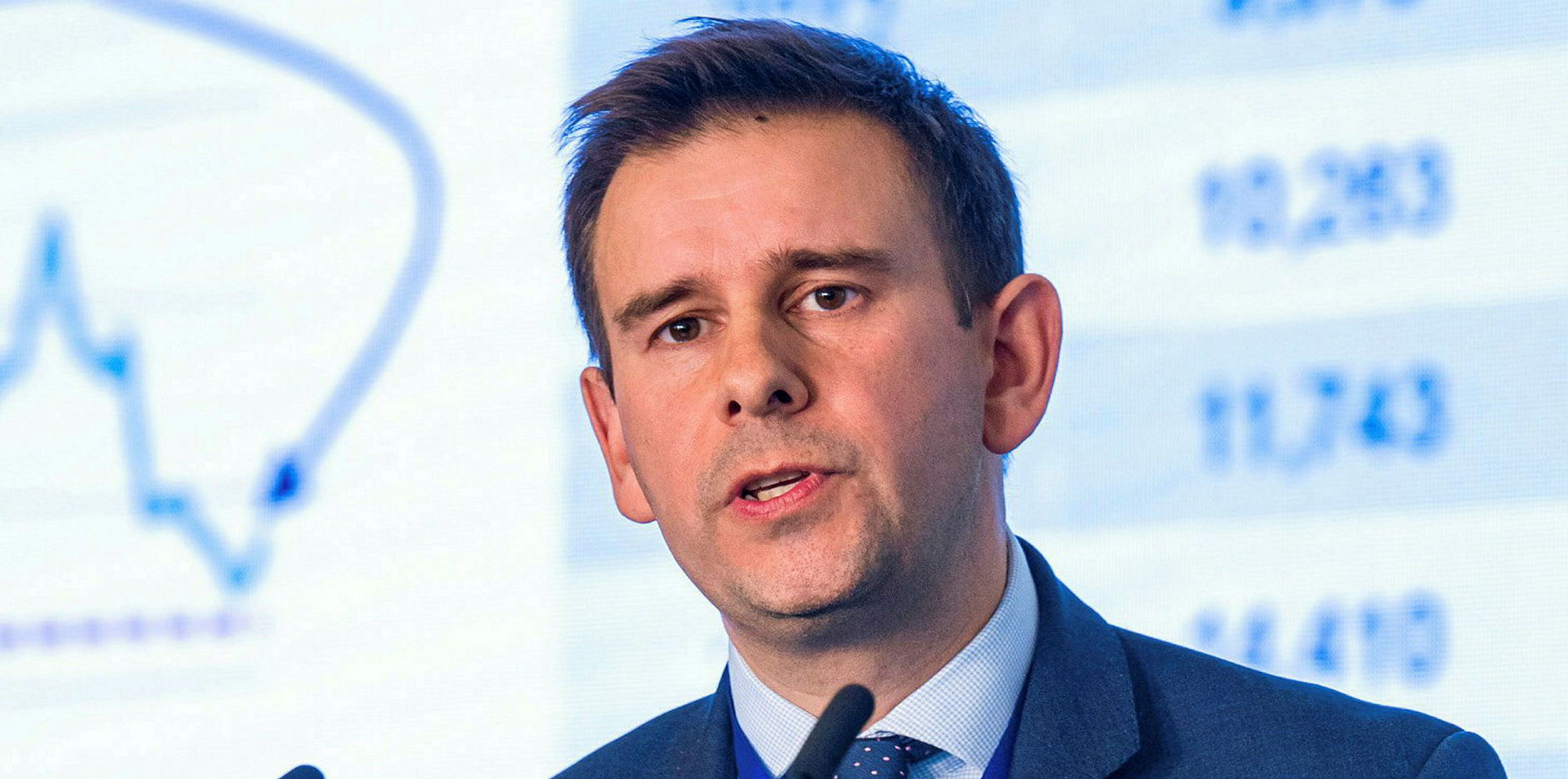A slowdown in the scrubber bonanza? That appears to be news to executives at the Asian offices of FMSI, who say they are busier than ever.
FMSI — the former Feen Marine Scrubbers — last week marked the commissioning of its 50th exhaust gas cleaning system since its reorganisation in January.
Chief operating officer CS Jung tells TradeWinds that the manufacturer, whose factory is in Indonesia with headquarters in Singapore, is flush with work ahead of the IMO 2020 emissions deadline.
Against the tide
Jung’s assessment comes just weeks after TradeWinds reported that the main scrubber makers — such as Wartsila and Alfa Laval — had disclosed lower sales in the second quarter owing to uncertainty over the spread between high-sulphur and low-sulphur fuel after 1 January.
Demand remains strong at FMSI because the company maintains the capacity to meet early demand. Few scrubber manufacturers have availability in 2019
CS Jung, FMSI chief operating officer
When asked to explain how the firm is bucking the trend of declining sales, Jung replies: “Demand remains strong at FMSI because the company maintains the capacity to meet early demand. Few scrubber manufacturers have availability in 2019.”
Delta Tankers’ 163,800-dwt Sounion (built 2006) became the 50th vessel commissioned since the significant changes in management, shareholding and capital investment in January.
At that time, Navig8 group leaders Nicolas Busch and Gary Brocklesby emerged as the new majority shareholders in the rebranded company, while John Fredriksen’s Frontline boosted its stake to 28.9%.
At the same time, founder Bjornar Feen formally separated from the company.
'Growing demand'
The new 40,000-square metre production plant in Batam can produce up to 50 scrubbers per month and can deliver just three months after an order, Jung says.
“Across the marine industry there has been growing demand for high-quality, compliant scrubber systems, and a notable uptake in recent weeks,” Jung says.
Again, this is in contrast to what some other scrubber makers are experiencing.
As reported by TradeWinds, Wartsila president Jaakko Eskola wrote in the company’s half-year report: “The development of bunker fuel costs and availability remains uncertain ahead of the IMO 2020 deadline, posing a potential risk for scrubber investments.”
Experts also cited the ability of non-scrubber vessels to attract strong rates in the three-year time charter market, and the spread between compliant and non-compliant fuels in derivative trading, which at times has been less than $200.
But Jung is not deterred by such talk and paints a different picture.
“Scrubber demand certainly isn’t dropping off,” he says. “And we foresee more leading marine organisations making smart decisions on EGCS [exhaust gas cleaning systems] technology within the coming weeks. Consequently, the orderbook beyond the IMO 2020 deadline looks very promising.”
FMSI's customers include Frontline, Delta, Trafigura, Marmaris, Navig8 and Sea Tankers.




